Post
A catch
Save a catch to start your fishing logbook. You will be able to to share it with the community if yo want!
A fishing trip
Post an ad to go fishing with other fishermen
Save a catch to start your fishing logbook. You will be able to to share it with the community if yo want!
Post an ad to go fishing with other fishermen
Share a thought, a question with the community
My favorite cities
×Join our 1265 fishermen and our 8 cofishermen in Camden-Lock in Greater London. The fishing forecast is currently 3.4. The most caught fishes here are the eel fish, the dace fish, the burbot and the rainbow trout. Come try the most famous fishing techniques like the bass trolling, support fishing for sea bream, barracuda trolling or trolling.
Our fishing forecast of Camden Lock indicates the best time to go fishing in this city.
The Eel fish
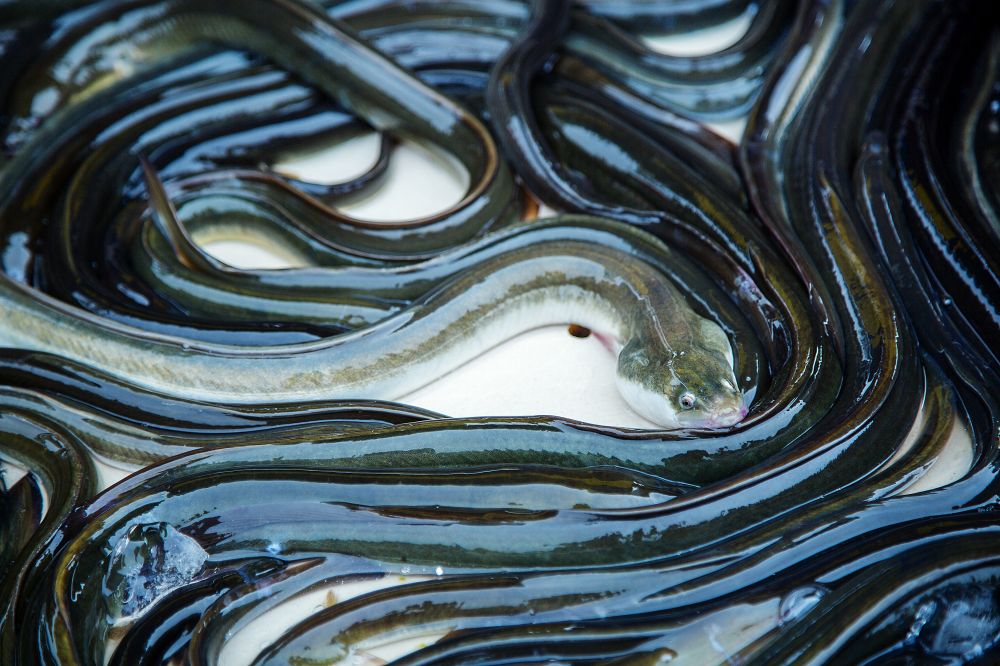
The Eel fish belongs to the Anguillidae family. The eel can measure up to 1.50 m in length for 4 kg, but the average size is between 40 and 60 cm. They can live up to 50 years old. They reproduce in March. They can be fished from April to September. The eel is a species of snake fish, hence its Latin name "anguis" which means snake. Its anterior part is circular while the caudal section is flattened. Its body is covered with smooth skin and enriched with mucus. The scales only appear late. The eyes of an eel are round. It has a terminal mouth with a prominent jaw. Without pelvic fins, the eel has only small pectoral fins and long dorsal, anal and caudal fins. These meet at the level of the tail.
The Eel fish is a famous fish you can catch in Camden Lock.The Dace Fish
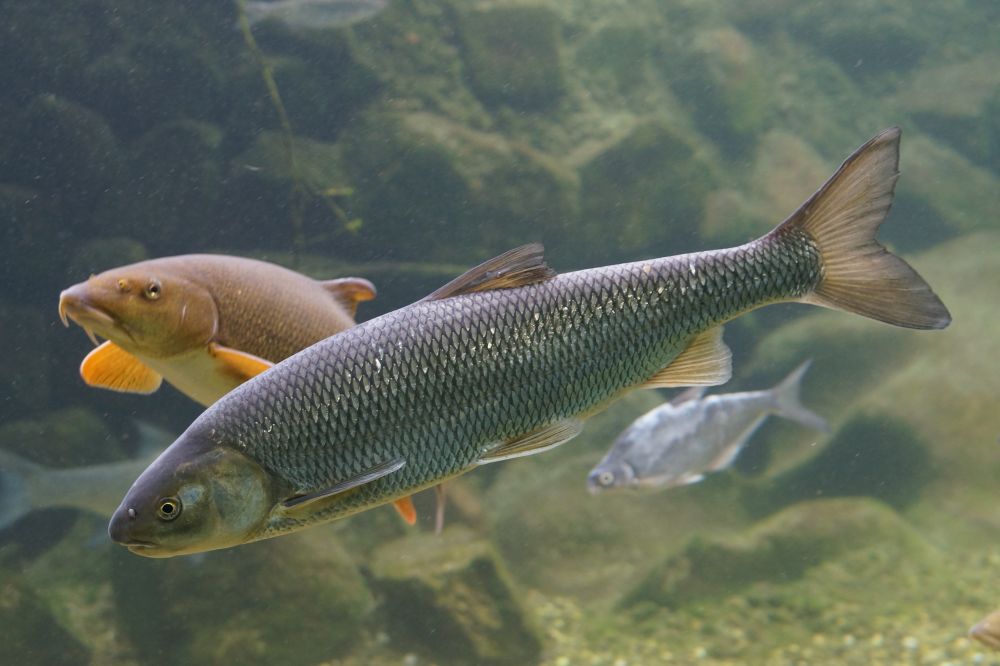
The Dace fish belongs to the Cyprinidae Family. The current size of the dace fish varies between 15 and 20 cm and weighs between 100 and 200 g. However, it can reach a maximum size of 40 cm for a weight of about 1 kg. The life span is usually 10 to 12 years, but it can reach 15 years. The breeding period is from March-April to May-June, depending on latitude. The female's fertility rate is 8,000 to 10,000 oocytes. The dace’s fishing season is open from June to March. This fish has a slender and streamlined body. The head is conical with a small and slightly split mouth, slightly inferior. The eyes are bordered with yellow. Fins are well developed. The caudal is indented, the dorsal fin is grey with 10-11 rays, located in the middle of the back. Pelvic bones are yellow with a concave posterior edge, anal and pectoral fins yellowish to orange. This species is suitable for rapid swimming in rough water. The scales are large (47 to 55 along the lateral line), silver-colored on the sides, greyer and greener dorsally, and white ventrally.
The Dace Fish is a famous fish you can catch in Camden Lock.The Burbot
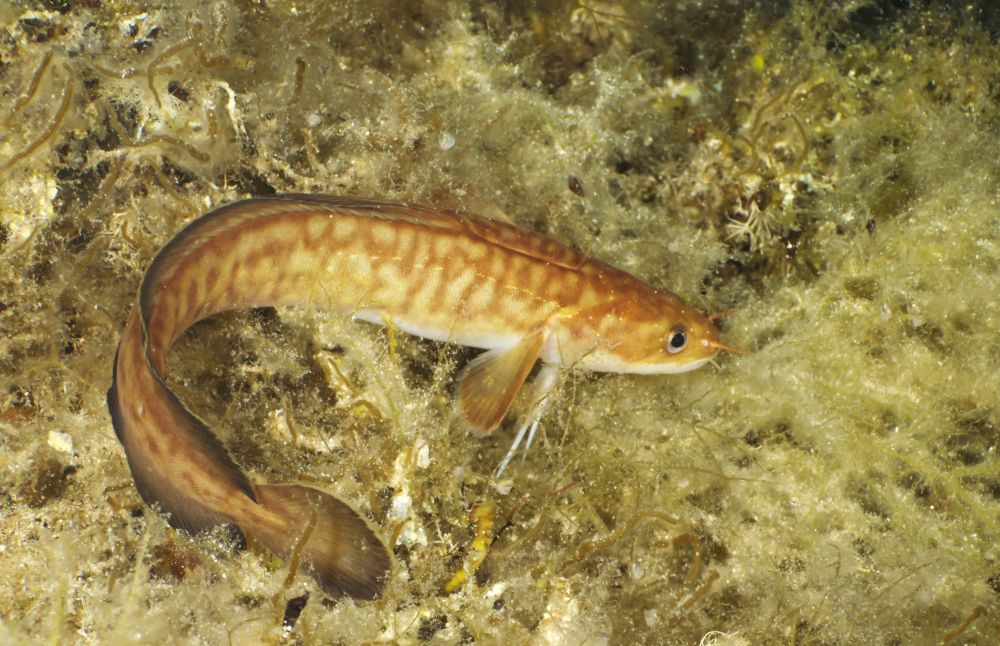
The Burbot fish belongs to the Lotidae family. The burbot can measure 30 to 120 cm and weigh up to 3 kg. It can live from 15 to 20 years. It breeds from December to March and can lay up to one million eggs. It can be fished all year round. The body is cylindrical, elongated, slightly compressed towards the tail, covered with small scales covered with a thick layer of mucus. The back is greenish brown or yellowish with darker mottling, with a gradation becoming lighter on the sides. The belly is yellowish white. The short, rounded pectoral fins, close to the head, overhang the ventral side with their first very elongated radius. The first dorsal fin is short, the second, very long, continues until the birth of the caudal, which is rounded. The lower jaw has a single long barbel and the nostrils have two fairly distant orifices, each with a small barbel. The mouth is wide, with many fine teeth.
The Burbot is a famous fish you can catch in Camden Lock.The Rainbow trout
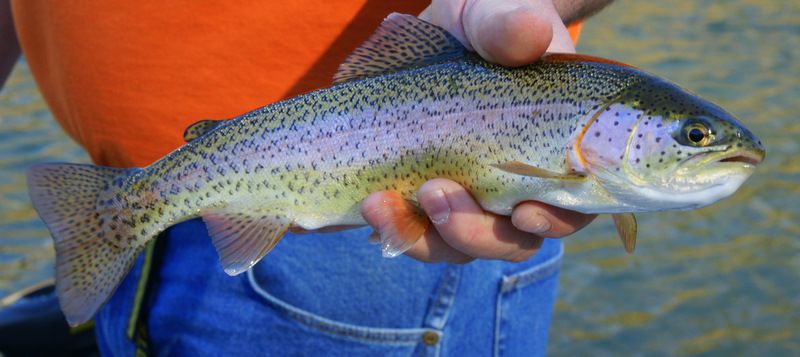
The Rainbow trout belongs to the Salmonidae family. On average, it measures 35 to 70 cm and weighs 500 g to 6 kg. In this species, a maximum lifespan of 11 years has been observed. Rainbow trout reproduce naturally from late March to early July. Fertility is about 2000 eggs per kg. Depending on the region, it is fished from March to September. Rainbow trout have a streamlined, laterally compressed and slender body. It has a small head and a slightly split mouth. Its body is arched at the level of the dorsal fin. It should also be noted that there is an adipose fin common to all Salmonids. Its scales are small and thin. Generally, the entire body is punctuated by small black spots, many on the back and sides, as well as on the dorsal and caudal fins. The back is olive green and the sides are silvery. The color of the belly varies from white to yellowish. Nevertheless, the general coloring of the body varies greatly depending on the age, habitat and physiological stage of the fish. The particularity of rainbow trout lies in the presence, all along the body, of an iridescent longitudinal band, predominantly pink. During the breeding season, the female is generally rounder because of the ovarian volume, while the males appear to be more elongated. They become darker and their colors more vivid.
The Rainbow trout is a famous fish you can catch in Camden Lock.The Vendace fish
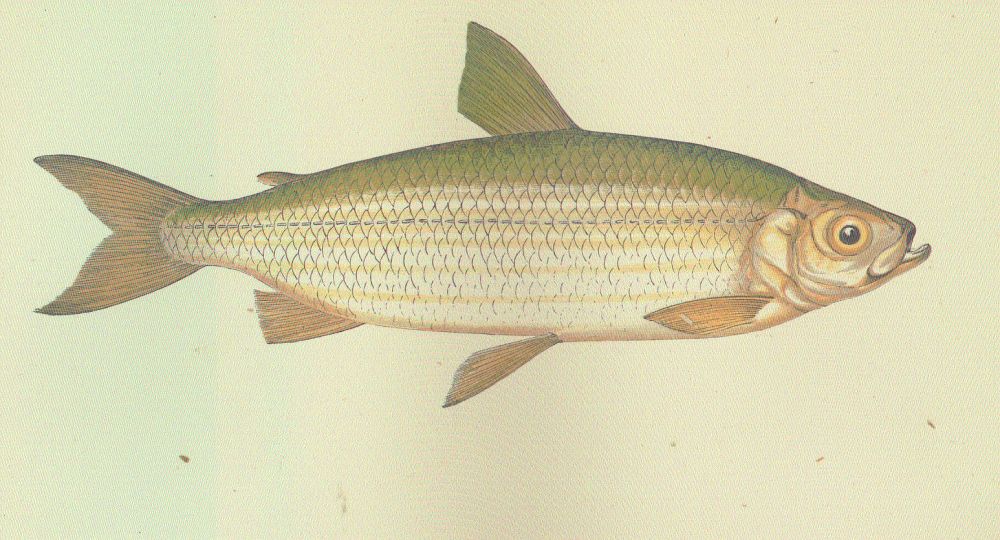
The vendace fish belongs to the Salmonidae family. Its average size is 45 cm and its weight is 1 kg. The oldest specimens observed were 10 years old. It breeds from October to December. The female lays 30,000 eggs per kg of weight. It is fished from March to December. The vendace is a small, slender and streamlined fish that is very easy to confuse with a bleak, a small lavaret whitefish or a peled whitefish. Unlike the bleak, the vendace is a member of the Salmonidae family, which is why it has a fat fin. It differs from the lavaret and peled whitefish by its much longer lower jaw. In the lavaret whitefish, the upper jaw is longer and in the peled whitefish the jaws are of the same length. It is silvery on the sides, with a white belly and a brown-green, grey-blue or blue-green back.
The Vendace fish is a famous fish you can catch in Camden Lock.Our fishing forecast of Camden Lock indicates the best time to go fishing in this city.
Our fishing forecast of Camden Lock indicates the best time to go fishing in this city.
Our fishing forecast of Camden Lock indicates the best time to go fishing in this city.
